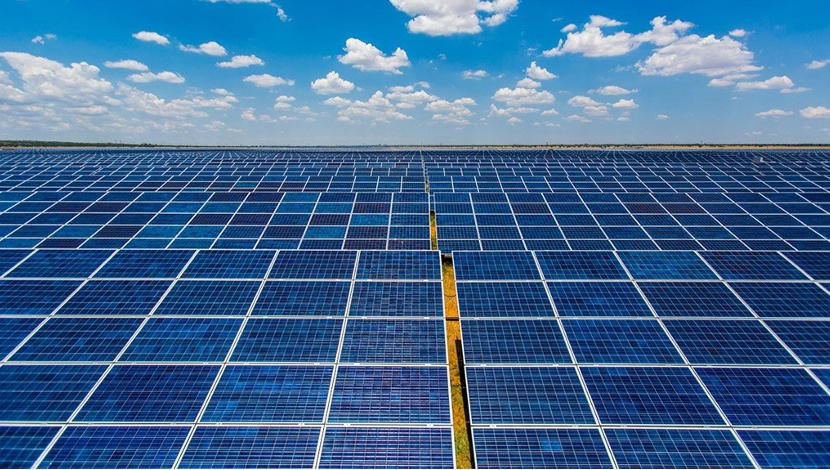

South African civil construction company Khato Civils is continuing with the roll-out of its broad investment into the Botswana market, despite the legal action recently taken against the company, which saw several of its business bank accounts being frozen.
Khato Civils chairperson Simbi Phiri said the freezing of eight of Khato Civils’ banks accounts was instituted when “jealous” competitors tried to push the company out of Botswana and remove it from competing in bids for a key strategic water project recently.
During a recent severe drought that led to drastic water shortages in Gaborone, the government opened a tender for a water pipeline from Mahalapye to Gaborone to increase the volume of water available to the capital city.
Khato Civils submitted its tender, in which it claimed it could build the pipeline within 18 months. According to Phiri, competitors’ tenders provided construction timelines of seven to eight years.
He says this is what riled competitors, and culminated in competitor companies lodging false complaints to Botswana’s Directorate on Corruption and Economic Crime (DCEC) as a means to discredit Khato Civils.
Subsequently, as part of its investigation into the complaints filed by competitors, the DCEC froze eight bank accounts linked to Khato Civils, which hold money totalling 24-million Pula.
After numerous court appearances and appeals processes, Khato Civils won the case this month, having the charges dropped and its bank accounts reinstated, thereby returning the 24-million Pula.
“We registered the company, but to actually operate you need to register with the Public Procurement & Asset Disposal Board [PPADB] of Botswana. Just to get [approved by] this board has been a nightmare.”
However, Phiri says Khato Civils has finally managed to get approved by the PPADB.
Going forward, he says Khato Civils plans to build on its existing investment into Botswana’s construction industry with the building of new offices, warehouses and workshops.





